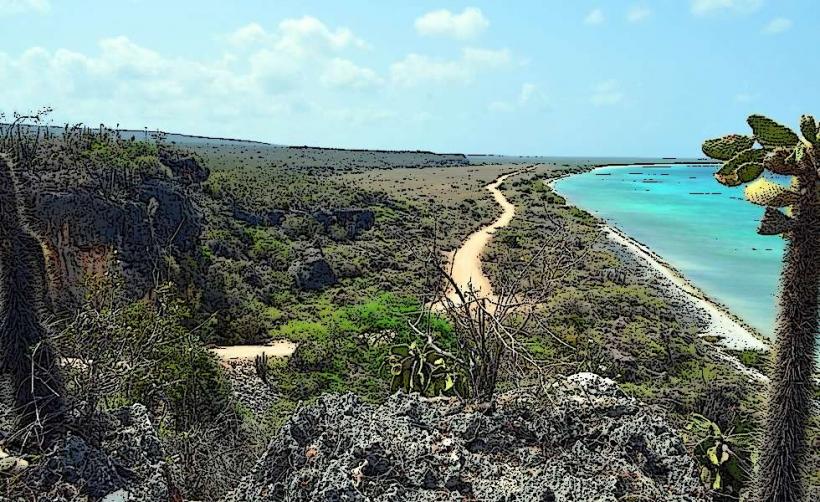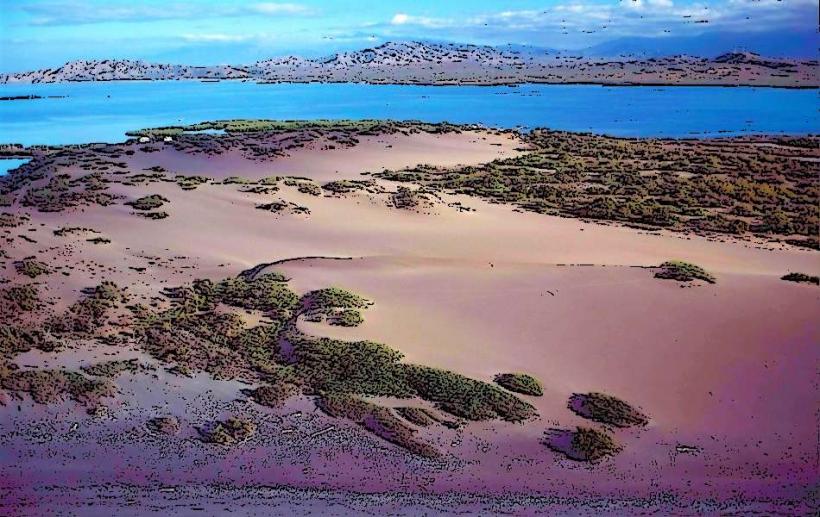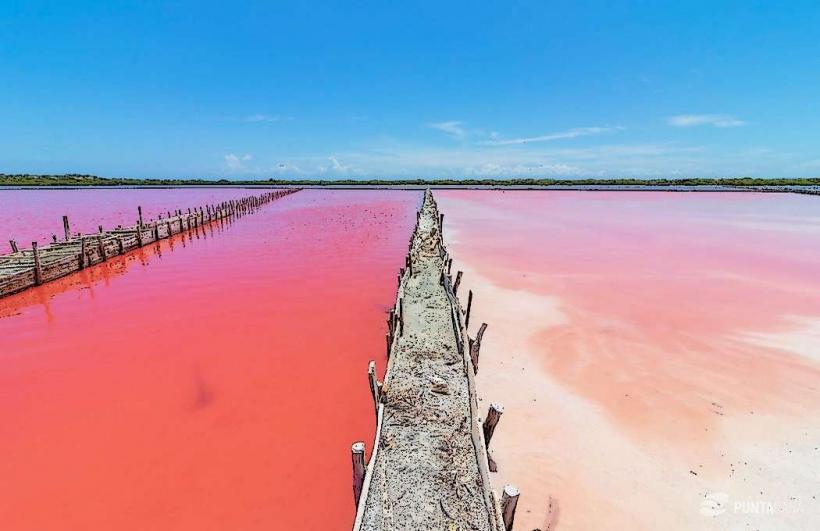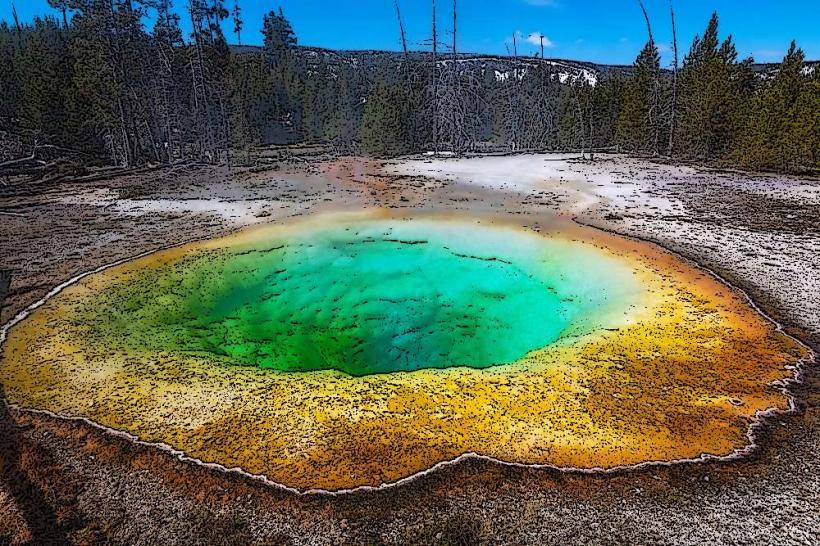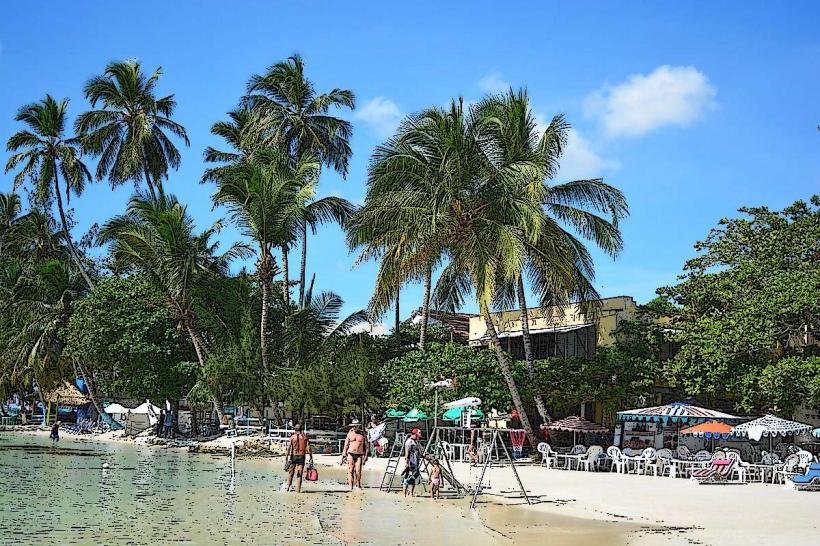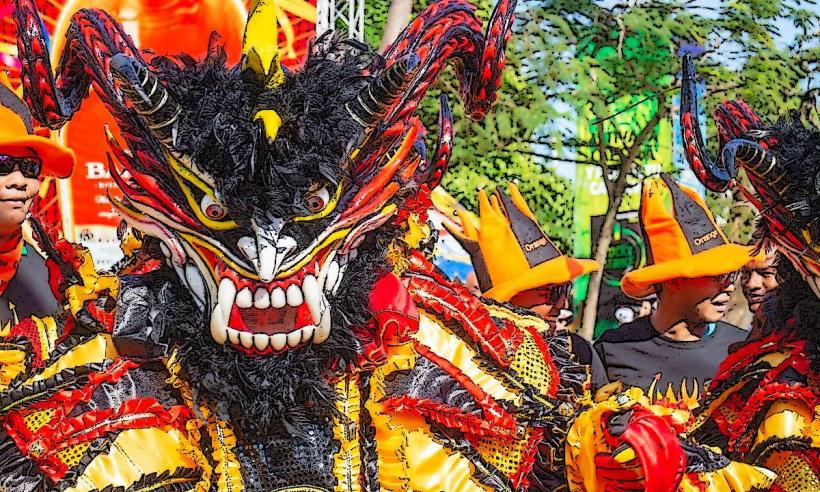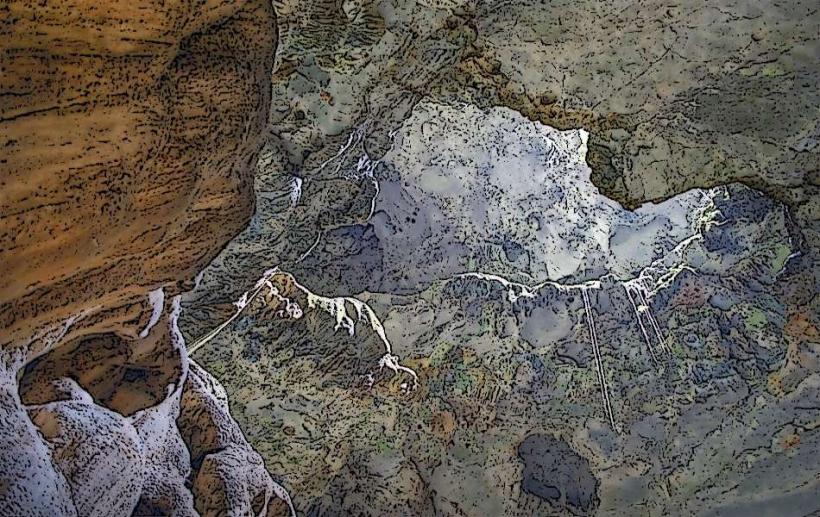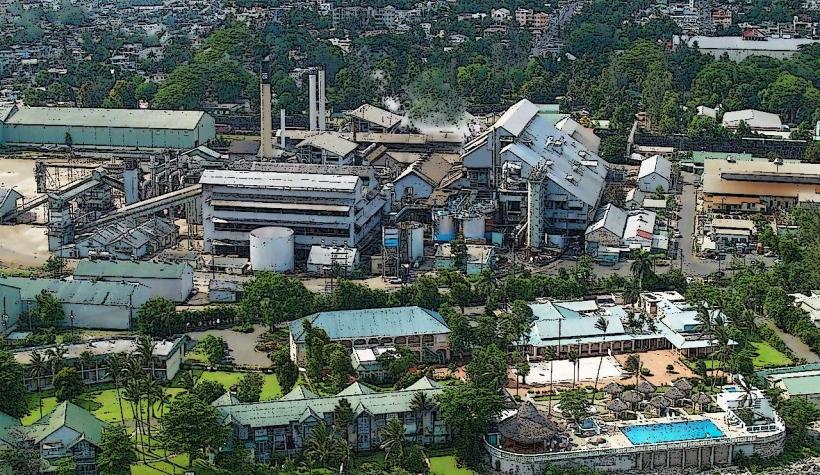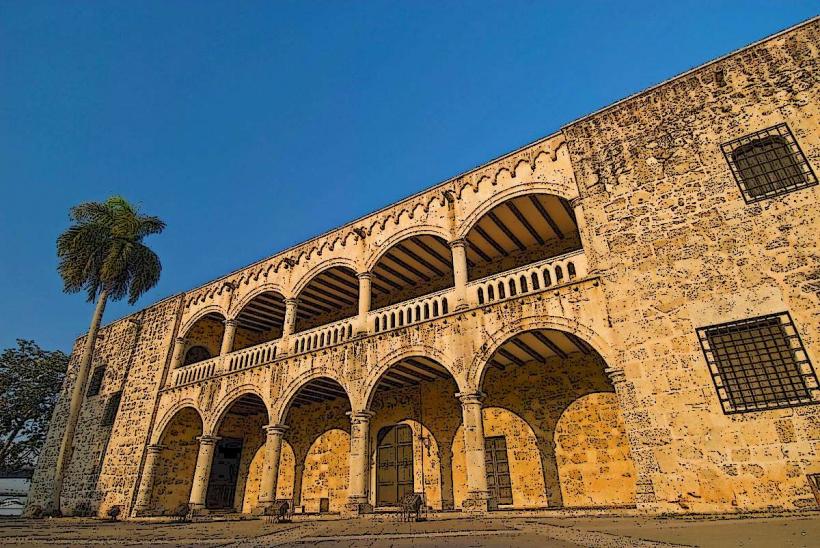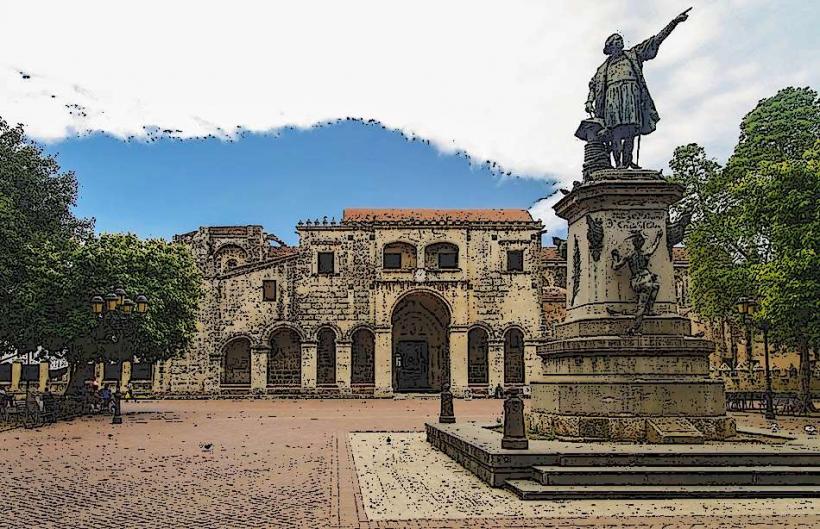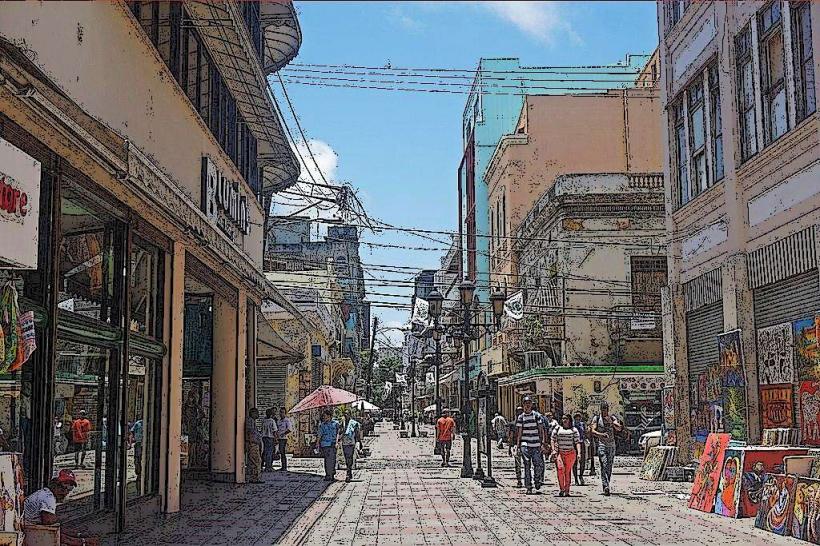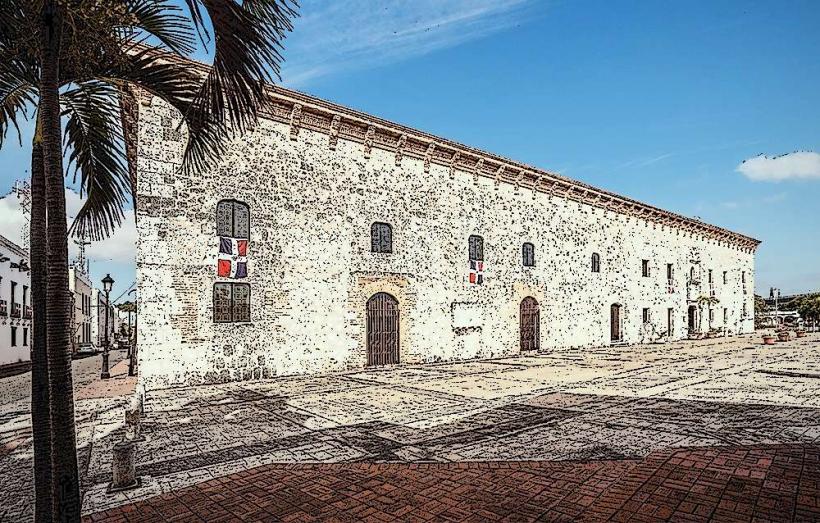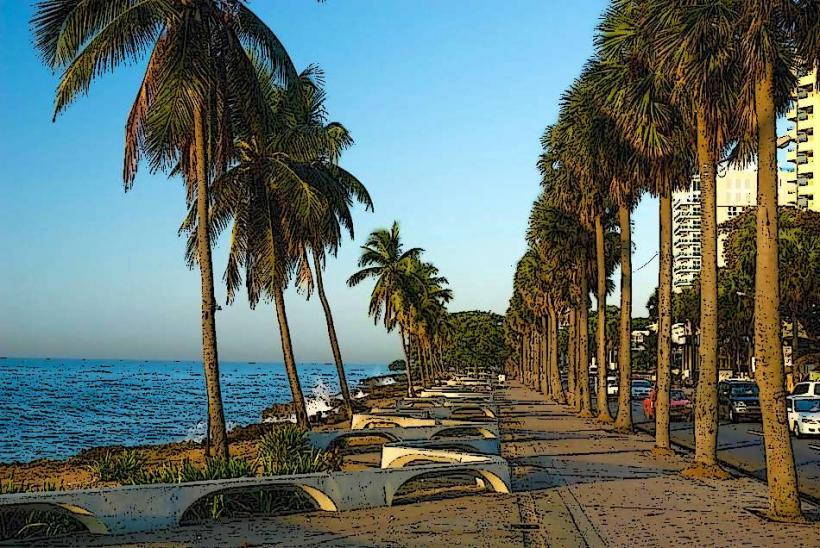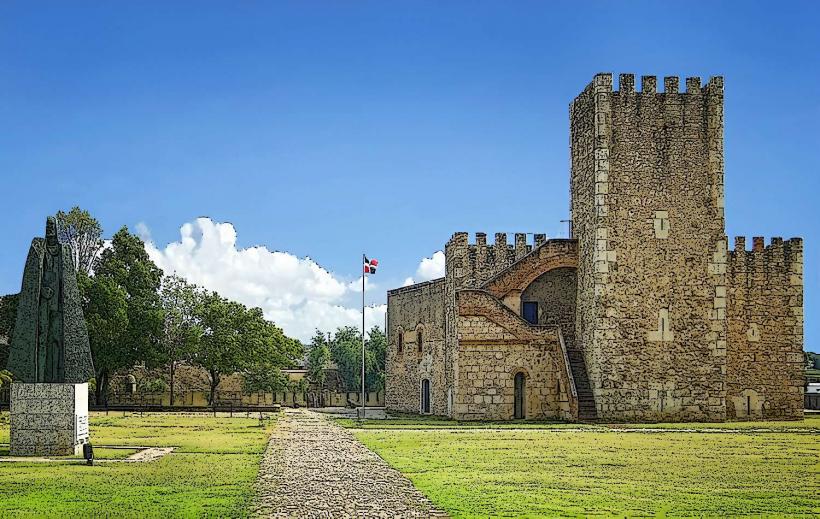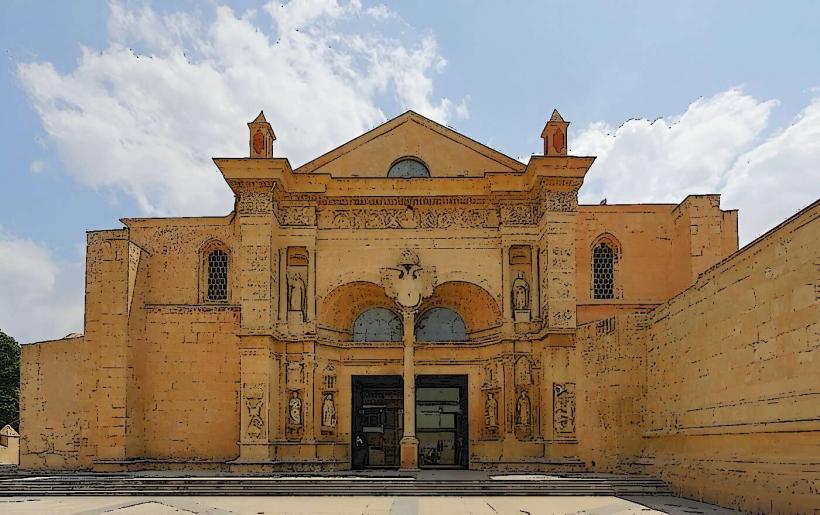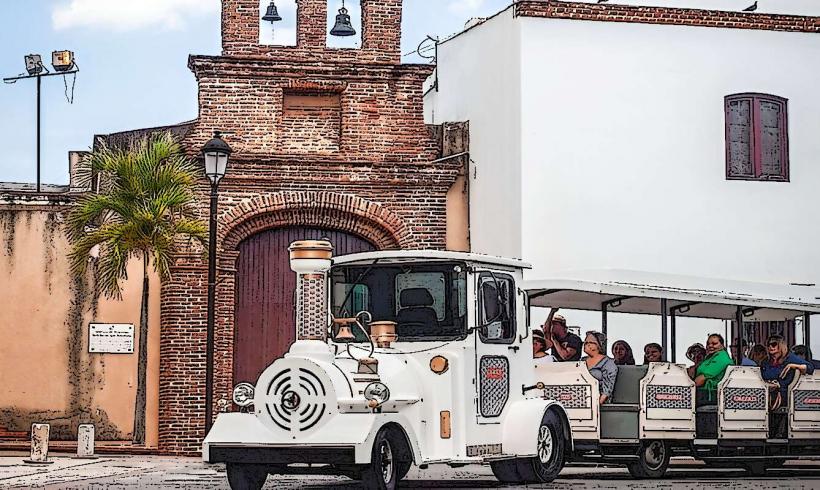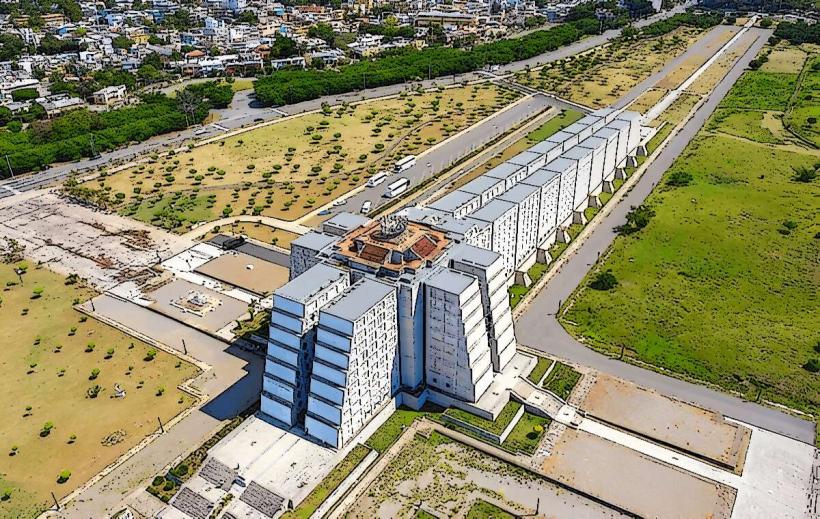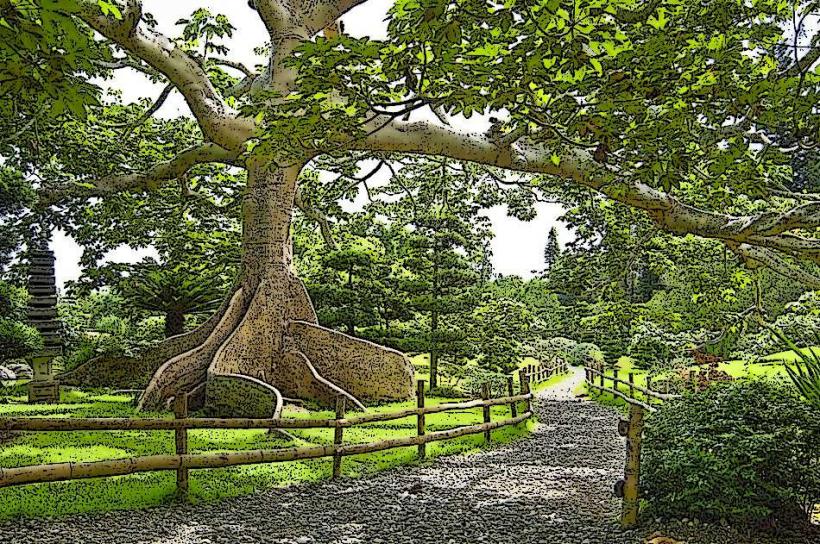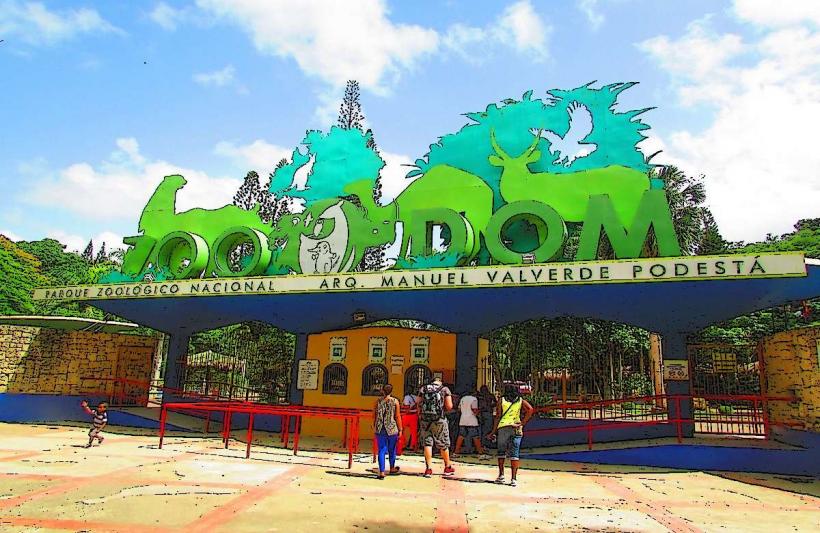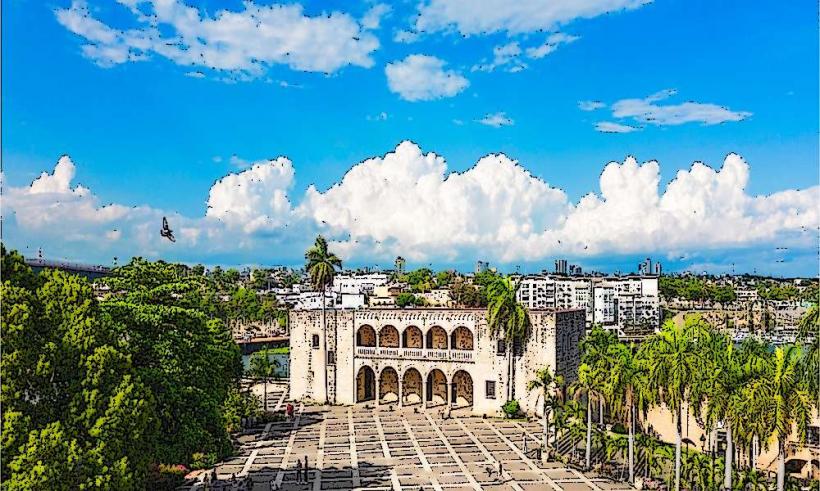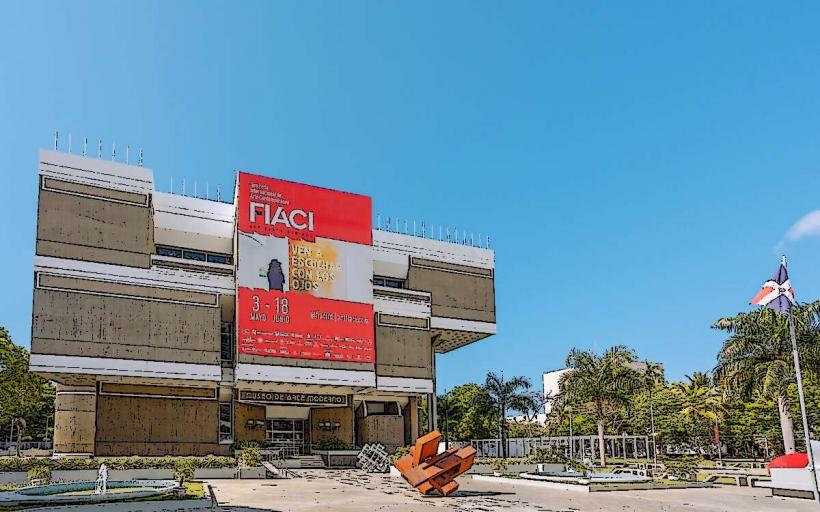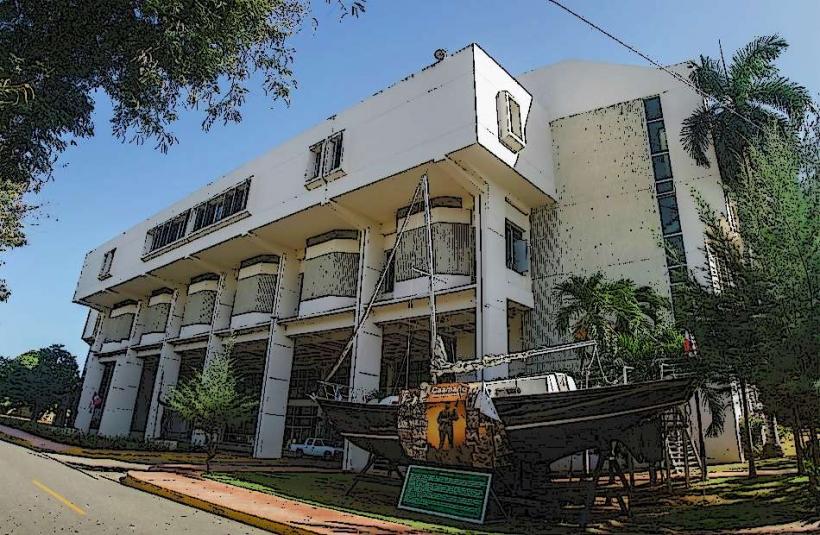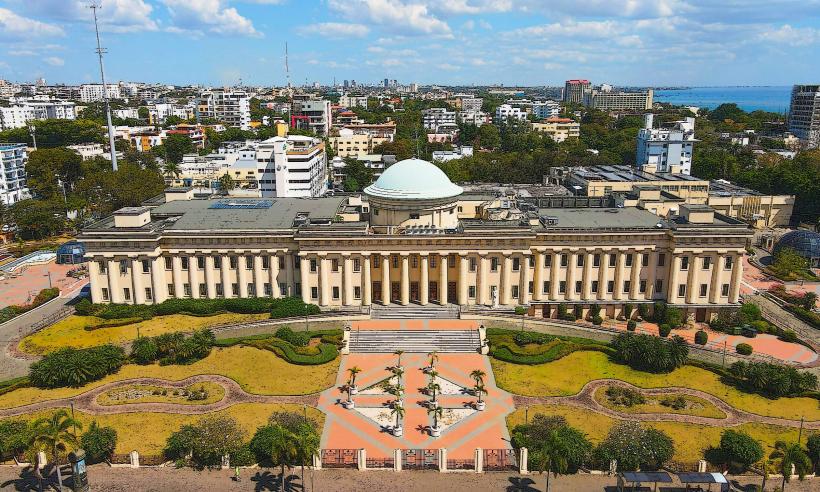Information
Landmark: National PantheonCity: Santo Domingo
Country: Dominican Republic
Continent: North America
National Pantheon, Santo Domingo, Dominican Republic, North America
The National Pantheon is a national mausoleum dedicated to the Dominican Republic's most distinguished citizens. It is situated on Calle Las Damas within the Colonial Zone of Santo Domingo.
Visual Characteristics
The structure exhibits a neoclassical architectural style, constructed primarily from coral stone. Its facade features a large portico with six Doric columns supporting a triangular pediment. A prominent dome crowns the central nave. The interior is characterized by high ceilings, marble flooring, and bronze accents, with an eternal flame burning at its center.
Location & Access Logistics
The National Pantheon is located at Calle Las Damas, esquina Las Mercedes, in the heart of the Colonial Zone. It is approximately 1 kilometer east of Parque Colón. Access is primarily by foot within the pedestrian-friendly Colonial Zone. Limited street parking may be available on surrounding streets. Public transportation, such as local buses, operates routes along Avenida Mella and Calle El Conde, both within a 500-meter radius.
Historical & Ecological Origin
Construction of the building began in 1714 and was completed in 1746. It was originally built as the Church of the Society of Jesus, designed by the Jesuit architect Jerónimo Quezada y Garzón. The structure served various purposes, including a theater and a tobacco warehouse, before being designated as the National Pantheon in 1956 under the regime of Rafael Trujillo.
Key Highlights & Activities
Visitors can observe the eternal flame, which symbolizes the nation's enduring spirit and honors its heroes. The site allows for viewing the commemorative plaques and tombs of national figures. Guided tours are available, providing historical context for the interred individuals and the building's transformation.
Infrastructure & Amenities
Restroom facilities are available on-site. The interior of the Pantheon offers significant shade. Cell phone signal (4G/5G) is generally strong within the building and surrounding area. Numerous food vendors, cafes, and restaurants are located within a short walking distance in the Colonial Zone.
Best Time to Visit
The best time to visit is during the morning hours, between 9:00 AM and 11:00 AM, to avoid larger crowds and experience cooler temperatures. Interior lighting for photography is consistent throughout the operational hours. The site is open year-round, with no specific seasonal requirements.
Facts & Legends
The eternal flame at the center of the National Pantheon has burned continuously since its inauguration in 1956, symbolizing the perpetual memory of the nation's heroes. A unique historical detail is that the building's original purpose as a Jesuit church was later adapted to serve as a theater, highlighting its versatile past before becoming a national monument.
Nearby Landmarks
- Fortaleza Ozama: 0.1km East
- Museo de las Casas Reales: 0.1km South
- Alcázar de Colón: 0.4km North
- Catedral Primada de América: 0.5km West
- Parque Colón: 0.5km West

